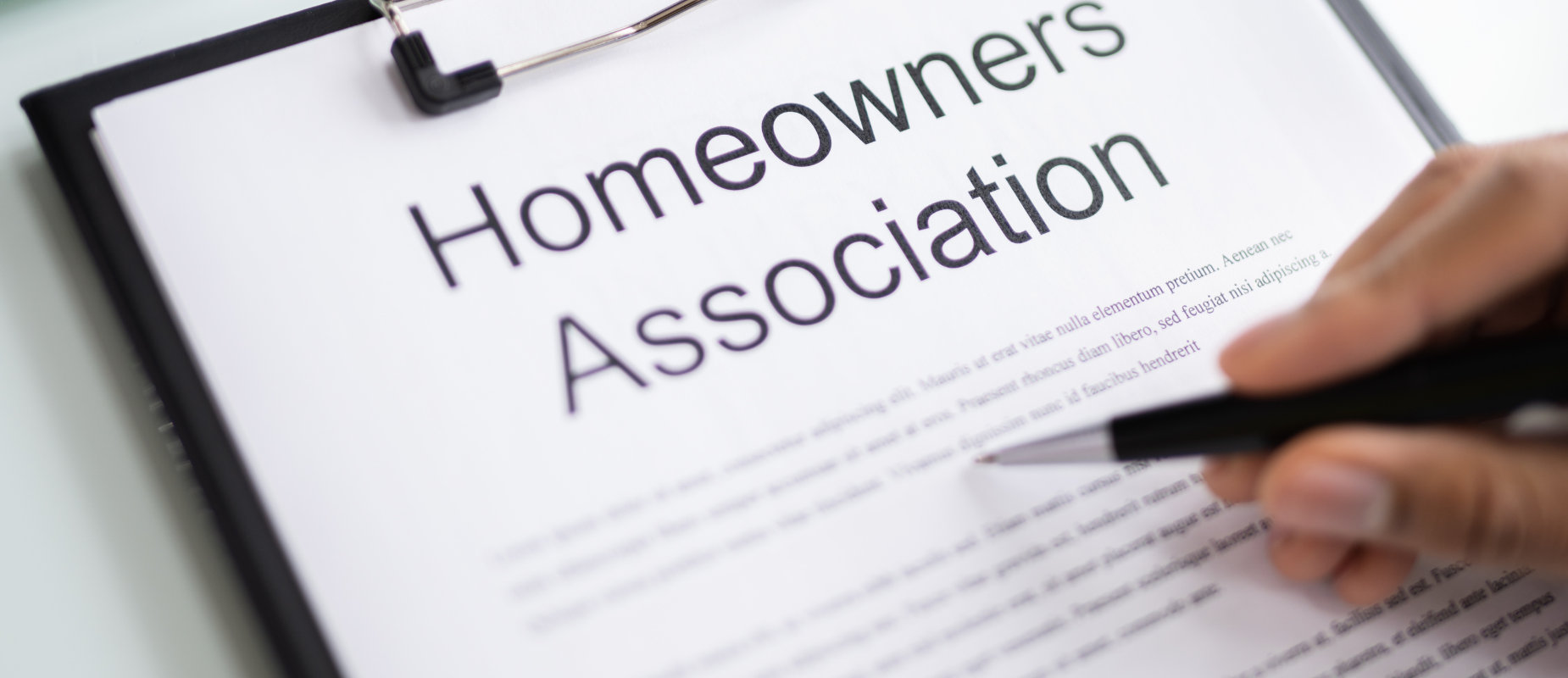
Understanding Assets: A Comprehensive Guide
Understanding your assets is crucial for home ownership in Texas. This includes being aware of any unpaid HOA dues and the potential consequences.
Homeowners who fail to pay their HOA dues may face financial penalties, property liens, or foreclosure proceedings. They should become familiar with their HOA’s dues rules and regulations and prioritize making timely payments.
Failure to do so can seriously affect a homeowner’s financial stability. Homeowners can protect their assets and maintain a positive relationship with their HOA by understanding the importance of paying dues and the potential consequences of failing.
The Importance Of Knowing Your Assets

Texas homeowners must understand the consequences of unpaid HOA dues. These dues are necessary to maintain property and community value and appearance.
Not paying these dues can result in late fees, interest, and legal action. Knowing your assets and budgeting accordingly will help you avoid falling behind on payments.
Managing your finances and prioritizing dues can prevent penalties and maintain good standing with your HOA. Maintaining awareness of HOA unpaid dues policy changes is crucial.
Avoid financial or legal issues related to unpaid HOA dues by knowing your assets and paying on time.
Identifying And Managing Your Assets
As a homeowner in Texas, you should be aware of the consequences of unpaid HOA dues. Not only can it result in financial penalties and possible legal action, but it can also harm your assets.
Failure to pay HOA dues can result in a lien on your home, a significant investment. This makes it more difficult to sell or refinance your home in the future.
Furthermore, if you do not make your HOA payments on time, any rental properties or other community assets may be jeopardized. Identifying and managing your assets is crucial to avoid potential consequences and maintain a positive standing with your HOA.
Maximizing Your Assets For Financial Success

Understanding the consequences of unpaid HOA dues is critical for Texas homeowners seeking to maximize their assets and financial success. Failure to pay these dues may result in fees, interest charges, and even legal action by the HOA.
The HOA may place a lien on a property, making it difficult to sell or refinance. This can also harm one’s credit score and increase the risk of foreclosure.
Staying informed about HOA rules and regulations and paying dues on time can help homeowners protect their assets and maintain a strong financial standing. Furthermore, being an active member of the HOA community can lead to networking opportunities and increased property value, both of which contribute to long-term financial success.
Exploring Different Types Of Assets
When it comes to unpaid HOA dues in Texas, homeowners should be aware of the potential consequences. One important factor to consider is the type of assets that unpaid bills may impact.
Personal property, such as furniture and appliances, and real property, such as houses and land, are examples of these assets. In addition, the HOA may target bank accounts, investment portfolios, and other financial assets for collection.
It is critical for homeowners to investigate all types of assets that may be at risk in order to fully comprehend the consequences of failing to pay their HOA dues on time.
How To Calculate The Value Of Your Assets
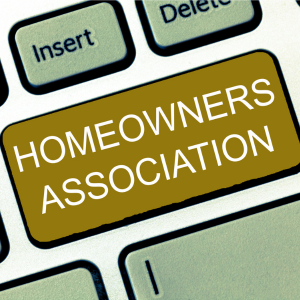
As a Texas homeowner, you should know what will happen if you don’t pay your HOA dues. If you don’t pay your bills on time, a lien may be put on your property. The lien could lead to foreclosure if you don’t fix the problem.
It is important to know how much your assets are worth and how much money you have in order to avoid this situation. This means figuring out how much your home, investments, savings accounts, and any other valuable things you own, like cars or furniture, are worth on the market right now.
You can better plan and budget to pay your HOA dues and avoid possible legal action from the association if you know how much your assets are worth. To stay up to date on your finances as a homeowner, you should also look over and update the values of your own things on a regular basis.
Common Mistakes When Dealing With Assets
Texas homeowners can make common mistakes with assets and unpaid HOA dues that can have serious consequences. Not responding to HOA notices about unpaid dues is a mistake.
This can lead to late fees, interest, and legal action. Another mistake is assuming the HOA won’t enforce collection policies.
Owners may think they can avoid paying their dues, but they can’t. If they are unhappy with HOA services, some homeowners may think they don’t have to pay dues.
This is not a valid reason for non-payment and may result in consequences for the homeowner. Homeowners must understand the consequences of late HOA dues payments and communicate with the HOA if they have issues.
Tips For Building A Strong Asset Portfolio
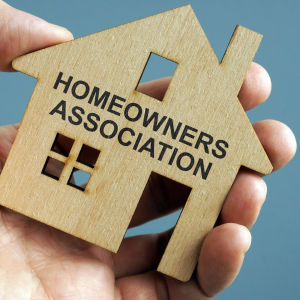
Paying HOA dues is an important aspect of managing finances as a homeowner in Texas. These fees are critical for maintaining the value and appearance of your property and funding community amenities and services.
Failure to pay HOA dues on time can severely affect your asset portfolio. You could face late fees and penalties, and the HOA may also file a lawsuit against you, potentially resulting in a lien on your property or even foreclosure.
To build a strong asset portfolio as a homeowner in Texas, prioritize paying HOA dues on time and staying informed of any changes or updates from the HOA. This will not only protect your property investment, but it will also help you maintain a positive relationship with your neighbors and other homeowners.
Asset Protection Strategies For Long-term Security
Homeowners in Texas currently experiencing unpaid HOA dues may not be aware of the potential repercussions of this financial obligation. Unpaid dues can not only result in legal action and damage to credit scores, but they can also put their assets at risk.
Homeowners should contemplate implementing asset protection strategies to safeguard their long-term security. These may encompass the establishment of a trust, the transfer of ownership of specific assets, or the investment in insurance policies.
Homeowners can ensure their financial stability for years by taking proactive measures to protect their assets and prevent potential loss.
The Role Of Assets In Estate Planning

When it comes to estate planning, Texas homeowners should be aware of the potential consequences of unpaid HOA fees. Unpaid liens on property can result in legal action.
If a homeowner passes away, their heirs or beneficiaries may be burdened with outstanding dues. Homeowners must understand that unpaid HOA dues can affect their assets, including their home, and may impact their estate plan.
Managing financial obligations is crucial for transferring assets to loved ones and simplifying estate planning.
Delinquent Hoa Dues: What You Need To Know
In Texas, homeowners who don’t pay their HOA dues can face serious problems. Homeowners should know what can happen if they don’t pay, and not paying can cause legal and financial problems.
Homeowners who don’t pay their HOA dues may have trouble selling or refinancing their home because the association may put a lien on it. You may also have to pay late fees and interest, making it even harder to catch up on payments.
In the worst cases, the HOA may even sue the homeowner to get the homeowner to pay. It is very important for homeowners to know about and pay their HOA dues on time to avoid these problems.
Why Are HOA Dues Important For Homeowners?
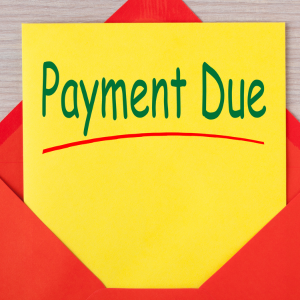
Members of Homeowners Associations (HOAs) are crucial for keeping residential communities looking nice and working well. Part of a homeowner’s association’s (HOA) duties is to pay their fees on time.
The dues cover costs like upkeep, repairs, and community facilities. As legally binding obligations, homeowners in Texas can face serious problems if they don’t pay these dues.
Sometimes, the HOA may take legal action or charge late fees and interest. Therefore, it is very important for homeowners to know how important it is to pay their HOA dues on time so they don’t have to deal with any serious problems.
The Consequences Of Not Paying HOA Dues
If Texas homeowners don’t pay their HOA dues, bad things can happen. These dues are necessary for a homeowners association to work, and there are penalties for not paying them.
Paying late fees and interest can quickly add up and become a big financial problem. The HOA could also put a lien on the property, making it hard to sell or refinance.
If things get really bad, the HOA may even start the foreclosure process against the homeowner. To avoid these possible outcomes, homeowners must know what to do and make timely payments.
Legal Remedies For Delinquent HOA Dues In Texas
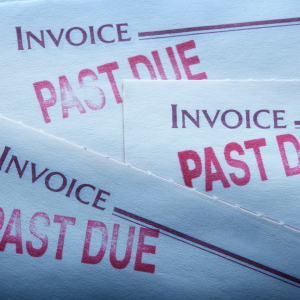
People who live in Texas and don’t pay their HOA dues could face serious legal consequences. If these fees aren’t paid, the homeowner may have a lien put on their home, which can eventually cause the foreclosure process if it’s not paid for a long time.
People behind on their mortgage may also have to pay interest and late fees. In the worst situations, the HOA might even sue the homeowner to collect the back dues.
People who live in Texas and don’t pay their HOA dues should know what legal actions their HOA could take if they don’t pay.
Navigating The Collection Process For HOA Dues
People in Texas who are having trouble paying their HOA dues may be wondering what will happen if they are late. How unpaid HOA dues are collected can differ depending on the rules of each homeowners association, but some general rules are always followed.
The first thing the HOA usually does to get paid is send a notice or reminder to the homeowner about past-due dues. If nothing is done, the HOA can take more formal steps to get paid, like sending demand letters or putting a lien on the property.
Homeowners need to know how this process works and be careful during it to avoid further problems and possible legal action.
Ways To Avoid Falling Behind On HOA Dues
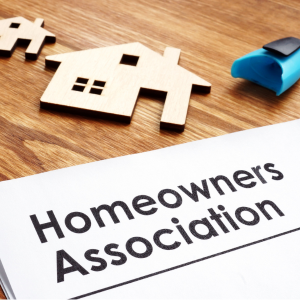
Texas homeowners must understand the consequences of HOA dues arrears. Not only can they result in legal action and fees, but they can also hurt their credit scores and property sales.
There are several ways to avoid this. First, learn about the HOA’s payment schedule and deadlines.
Set up automatic or reminder payments to avoid late payments. Budget for these dues regularly and prioritize them over non-essential expenses.
Talk to the HOA board about payment plans or extensions if you’re struggling financially. By being proactive and responsible, you can avoid penalties for late HOA dues payments.
What Happens If You Don’t Pay Your HOA Dues In Texas?
In Texas, failing to pay your HOA dues can result in serious consequences for homeowners. The first effect is the accumulation of interest and late fees, which can quickly add up and make it even more difficult to catch up on payments.
Furthermore, the HOA may take legal action against the homeowner, such as filing a lien on their property or even foreclosure. This can lead to a significant loss of equity and, in some cases, the loss of the home entirely.
It’s also worth noting that unpaid HOA dues can impact a homeowner’s credit score, making it more difficult to obtain loans or favorable interest rates later on. Understanding the consequences of failing to pay HOA dues is critical for Texas homeowners seeking to avoid potential financial and legal problems.
What Is The Statute Of Limitations On HOA Dues In Texas?
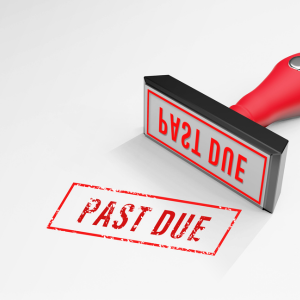
Texas homeowners who miss HOA dues may face serious consequences. Understanding the statutes of limitations for HOA dues can help homeowners avoid legal issues.
Under the Texas Property Code, the statute of limitations for unpaid HOA dues is four years. After this time, the HOA may no longer sue the homeowner for nonpayment.
However, homeowners should consult a lawyer because this timeframe can vary depending on the situation. Failure to pay HOA dues within the statute of limitations can lead to liens or foreclosure.
Thus, Texas homeowners must pay their HOA dues on time or face penalties.
What Is The New Law In Texas For HOA 2024?
A new law in Texas regarding unpaid HOA dues will take effect in 2024. This will have a big impact on homeowners.
The goal of the law is to make homeowners more responsible for their HOA financial obligations and crack down on late payments.
Under this new law, HOAs will have more power to collect unpaid dues, which could mean legal action or even foreclosure for homeowners who don’t follow the rules.
All people who live in HOA communities in Texas need to know what this law means and pay their dues on time to avoid any possible penalties.
Can An HOA Foreclose On Property In Texas?
If you are a homeowner in Texas, you need to know what could happen if you don’t pay your HOA dues. One of the worst effects is that the HOA could foreclose on the property.
In Texas, a HOA can legally take back a property because the dues have not been paid, just like any other creditor. In other words, a person could lose their home if they don’t pay their dues on time and don’t make arrangements with the HOA.
People who own homes should be aware of this risk and take steps to prevent it. Homeowners can avoid the terrible effects of foreclosure in Texas by learning the laws about unpaid HOA dues and making timely payments.
This information applies to Texas and its cities like Irving, Lake Dallas, Palestine, and more. For help or questions, call us at (214) 347-7020. You can also visit our website at Sell My House For Cash for more details.
Get An Offer Today, Sell In A Matter Of Days…
Resources To Help You Sell A Property In Texas

